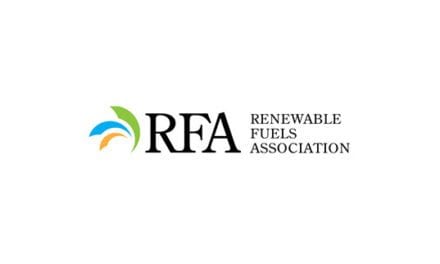Growth Energy CEO Emily Skor welcomed the role of biofuels in the introduction of the Climate Leadership and Environmental Action for our Nation’s (CLEAN) Future Act. The legislation aims to eliminate carbon on the power grid by 2035 and reach economy-wide net-zero emissions by 2050:
“We are pleased to see the CLEAN Future Act includes biofuels, through the RFS Integrity Act and through encouraging advanced and cellulosic biofuel pathway approvals, in its climate goals for the nation. A recent report found that greenhouse gas emissions from corn ethanol are 46% lower than those of gasoline. This means that in order to achieve an immediate or near-term clean energy future, biofuels like ethanol must be in the mix as a majority of cars on the road will still continue to be powered by liquid fuels.
“The inclusion of biofuels in the CLEAN Future Act is a nod to their effectiveness in our country’s climate efforts and their critical role in decarbonizing the transportation sector.”
The CLEAN Future Act includes the text of the RFS Integrity Act, legislation introduced by Reps. Angie Craig (D-Minn.) and Dusty Johnson (R-S.D.), which would bring more certainty into the renewable fuel marketplace by setting an annual deadline of June 1st for oil refineries to submit small refinery exemption (SRE) petitions and requiring public disclosures for facilities seeking small refinery exemptions.
It also includes text of legislation to reduce delays at the Environmental Protection Agency (EPA) in approving advanced and cellulosic biofuel production pathways under the Renewable Fuel Standard.









